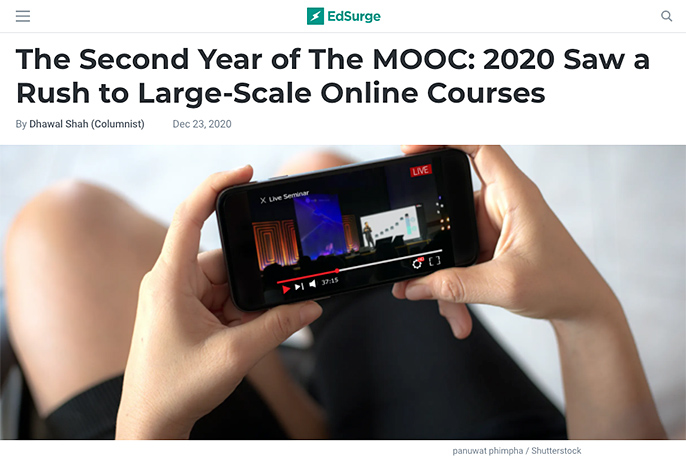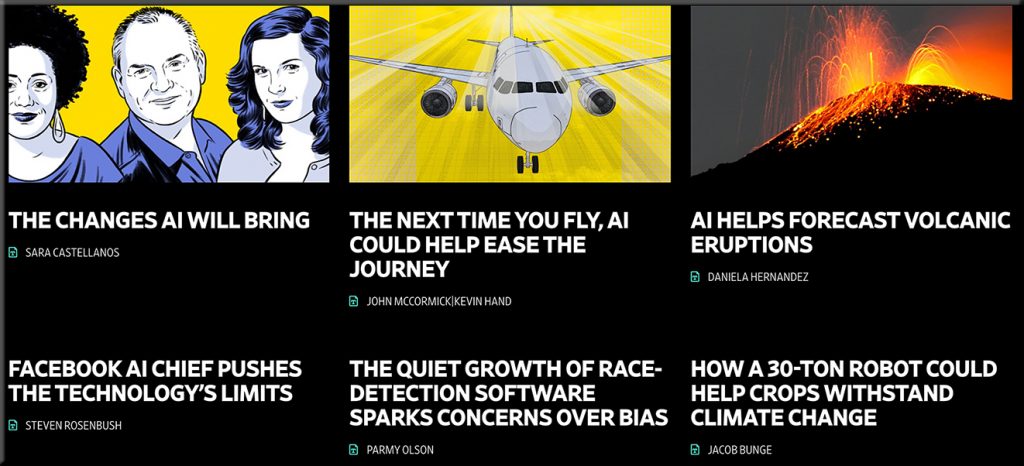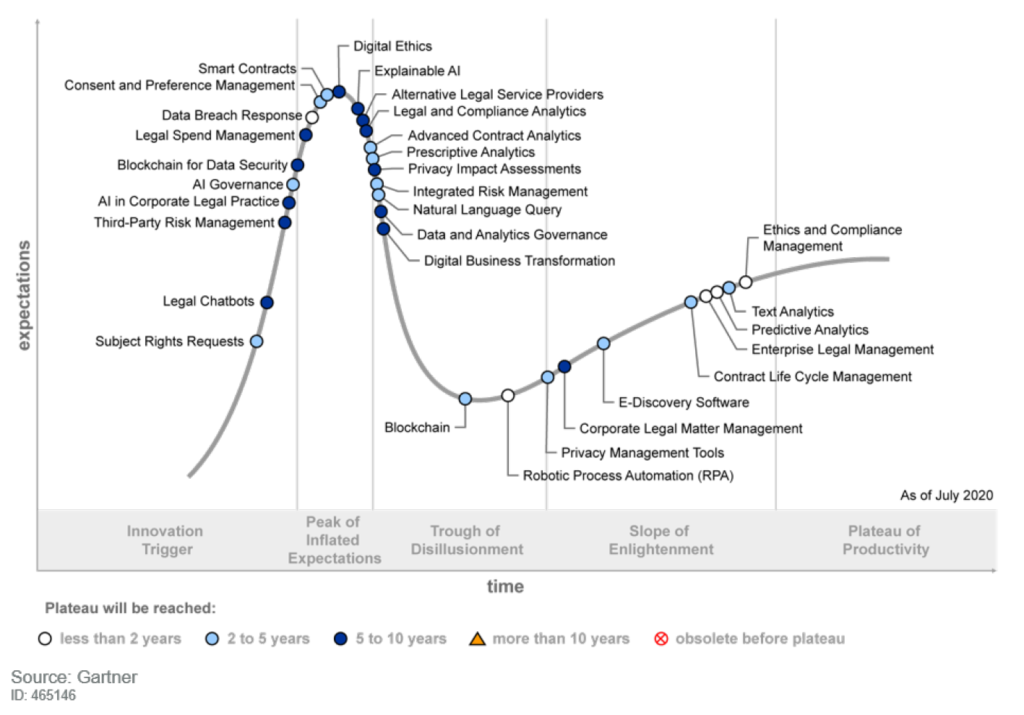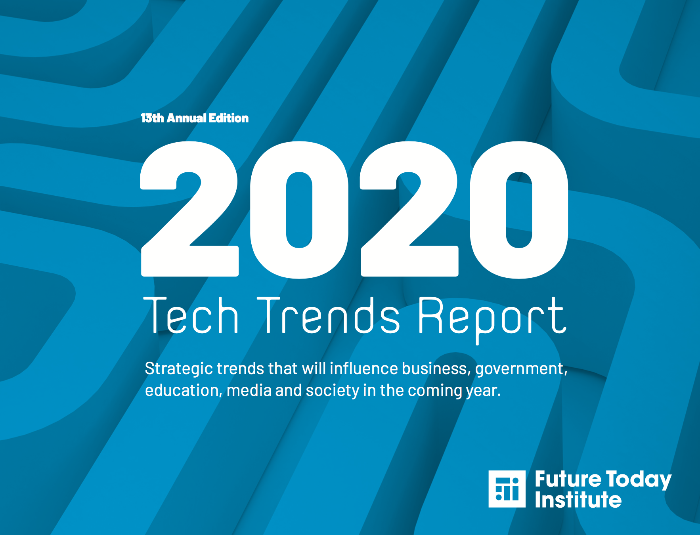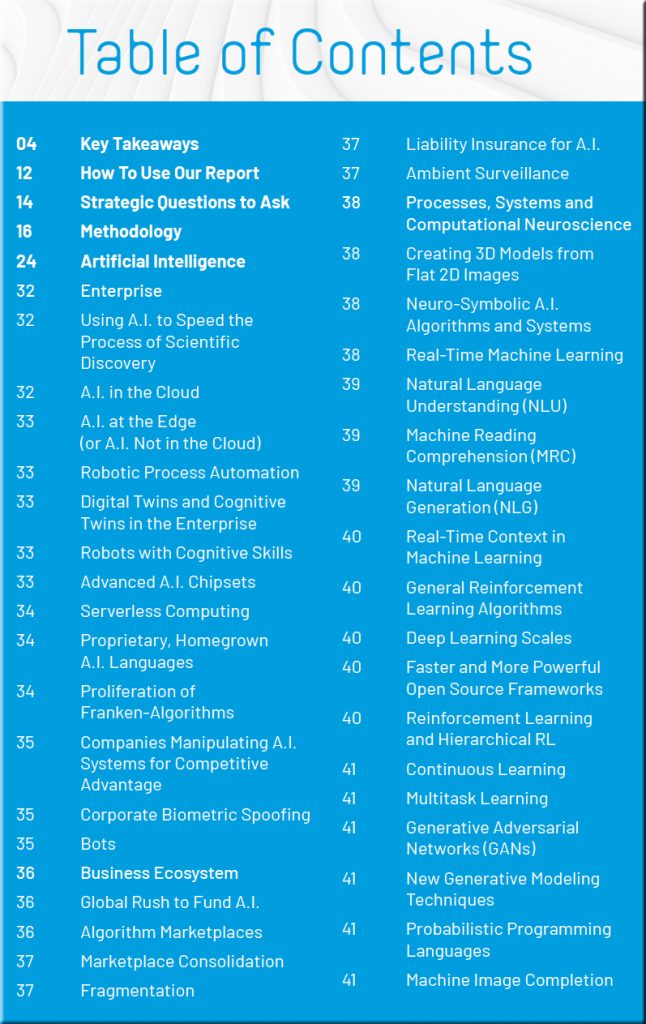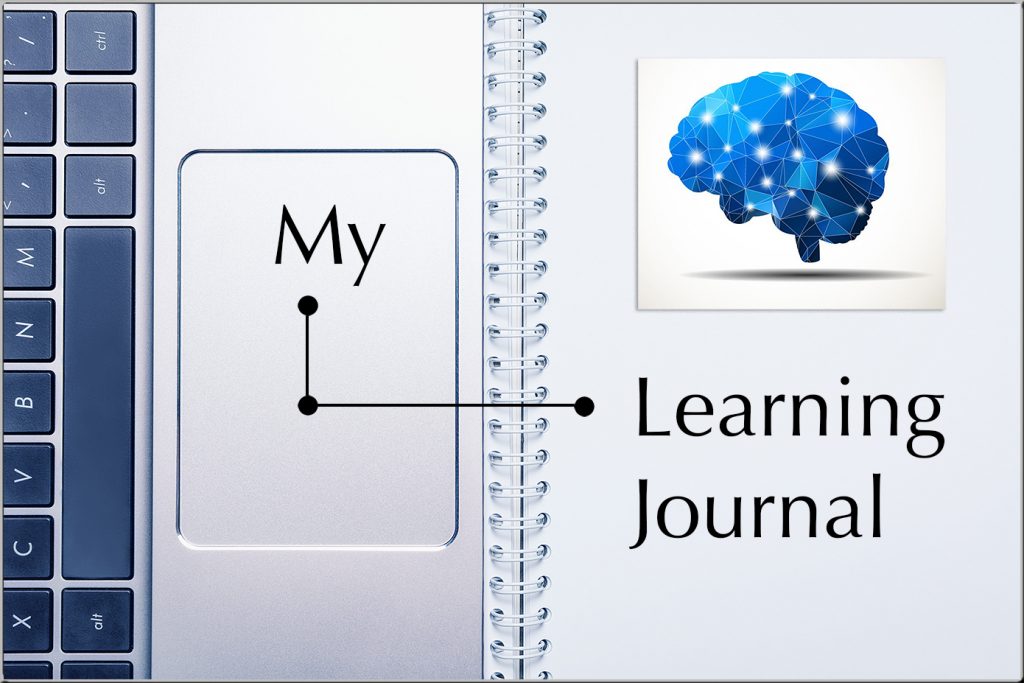
From DSC:
Here’s an idea that I’ve been thinking about for quite some time now. It’s not necessarily a new idea, but the seed got planted in me by a former colleague, Quin Schultze (which I blogged about in January of 2018). I’m calling it, “My Learning Journal.” The purpose of this device is to promote your metacognition — helping you put things into your own words and helping you identify your knowledge gaps.
I realize that such a learning strategy/tool could take some time to complete. But it could pay off — big time! Give it a try for a few weeks and see what you think.
And, with a shout-out to Mr. James McGrath, the President of the WMU-Cooley Law School, the article listed below explains the benefits of taking the time for such reflection:
Reflective learning – reflection as a strategic study technique — from open.edu
Excerpts:
Rather than thinking of reflection as yet another task to be added to your ‘to do’ list or squeezed into a busy study schedule, view it as something to practice at any stage. The emphasis is on being a reflective learner rather than doing reflective learning.
Developing a habit of reflective learning will help you to:
- evaluate your own progress
- monitor and manage your own performance
- self-motivate
- keep focus on your learning goals
- think differently about how you can achieve your goals by evaluating your study techniques, learning strategies and whether these best fit your current needs, identifying your skills development needs or gaps in knowledge
- think about and overcome what may be blocking your learning by using a different approach, or setting more pragmatic (realistic/achievable) goals
- support and enrich your professional practice ensuring that you are better placed to respond to and manage new, unexpected and complex situations – a key requirement at Master’s level.
From DSC:
Pastors, trainers, K-12 educators, student teachers, coaches, musical teachers, and others: Perhaps a slightly modified version of this tool might be beneficial to those with whom you work as well…?
And for educators and trainers, perhaps we should use such a tool to think about our own teaching and training methods — and what we are (or aren’t) learning ourselves.
Addendum on 5/14/20:
Perhaps someone will build a bot for this type of thing, which prompts us to reflect upon these things. Here are some examples of what I’m talking about or something like Woebot, which Jeremy Caplan mentioned here.










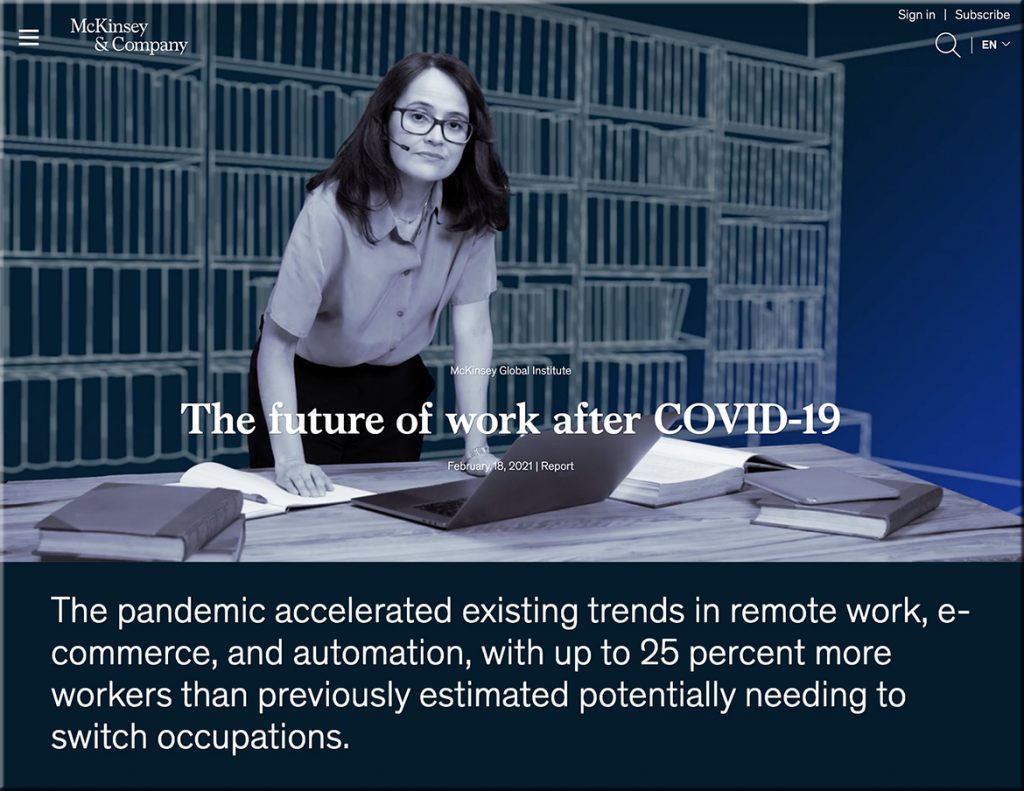
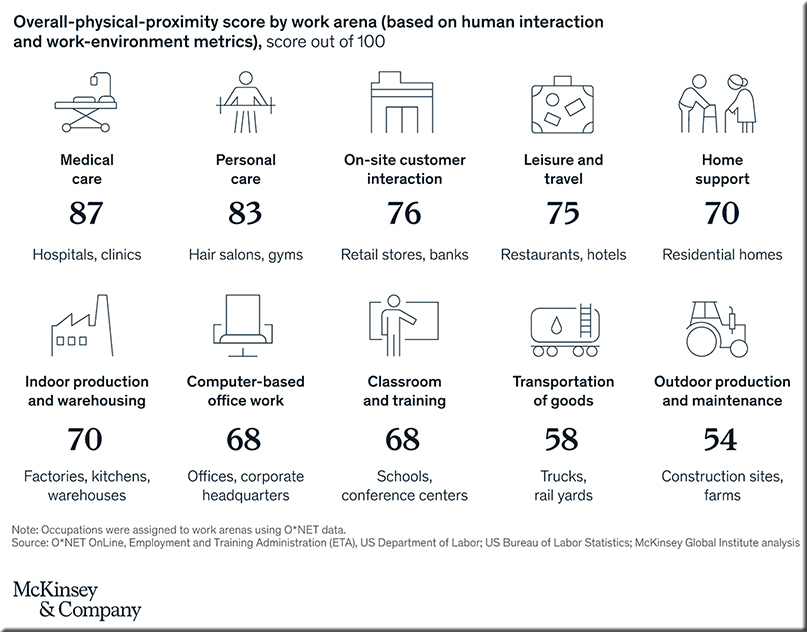
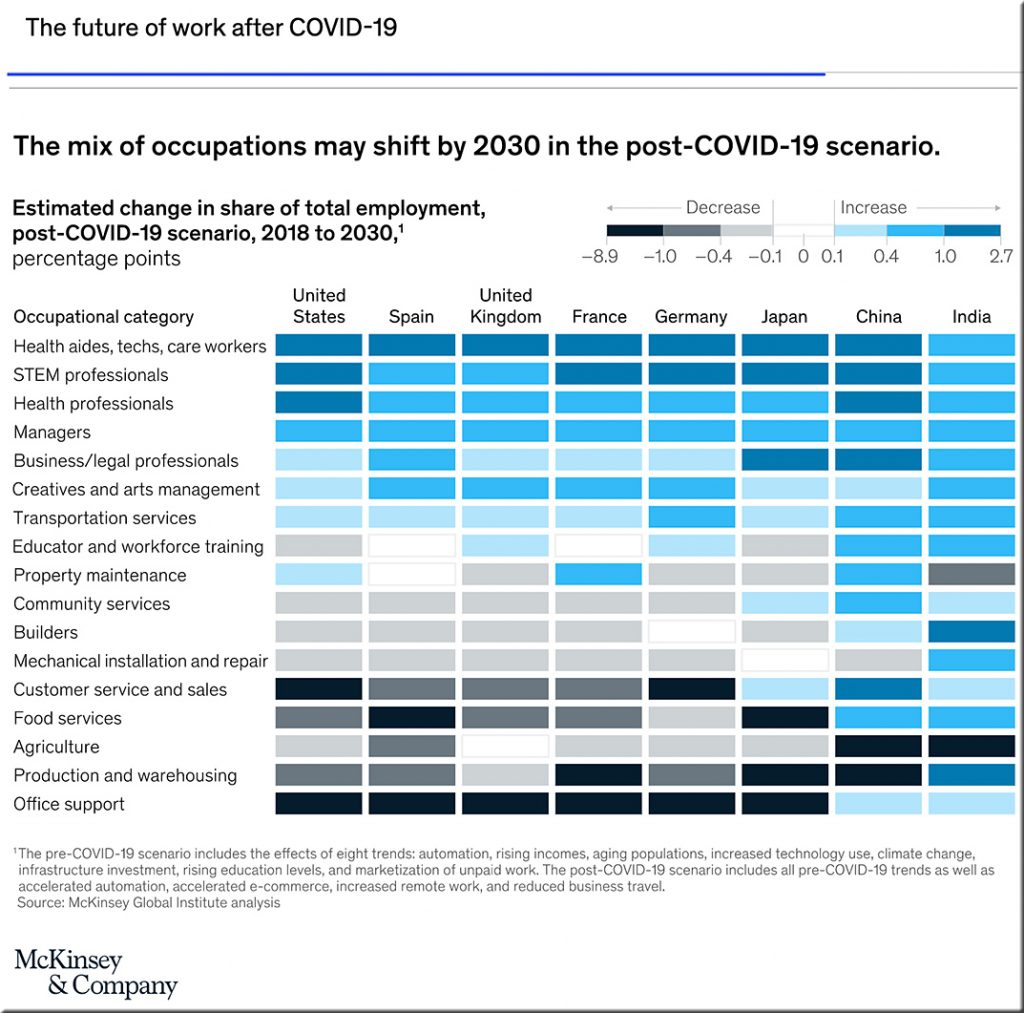
![The Year TV Leaped Into The Future [Roettgers]](http://danielschristian.com/learning-ecosystems/wp-content/uploads/2020/12/BigTrendsStreaming-2020-Janko-Roettgers.jpg)
